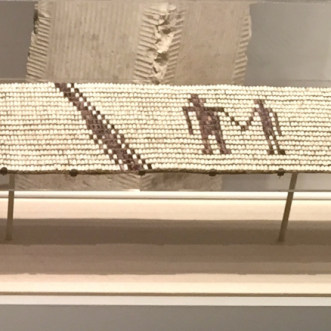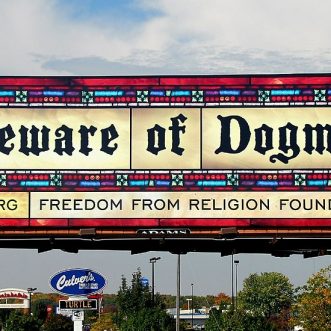
On the shoulders of giants
Jean Hunnisett was a costume designer. Someone whose job it is not just to recreate ‘the look’ of a particular period, but to recreate it in a way that is comfortable and practical for the actor to perform in.
People have changed over the centuries, becoming fuller and taller. Clothes have become lighter and less constricting. Women are no longer used to re-configuring their bodies to suit the current trend by wearing corsets from childhood. So a costume designer’s job is never to simply reproduce historical examples, it is to re-interpret, re-measure and re-size those historical examples to produce the desired effect on screen without crippling the actor.
That’s hard work. And Jean Hunnisett did it. Once it was done, she put it out there for the world to share in her costumes and her books. For people like me and Vivienne Westwood to find.
No matter how unique our genius, how brilliant our vision, we achieve nothing alone. We build on the free gifts of human nature left by those who came before and those who work around us now.
That by no means diminishes our achievements.
But it seems only fair to acknowledge the gifts that enable us.








